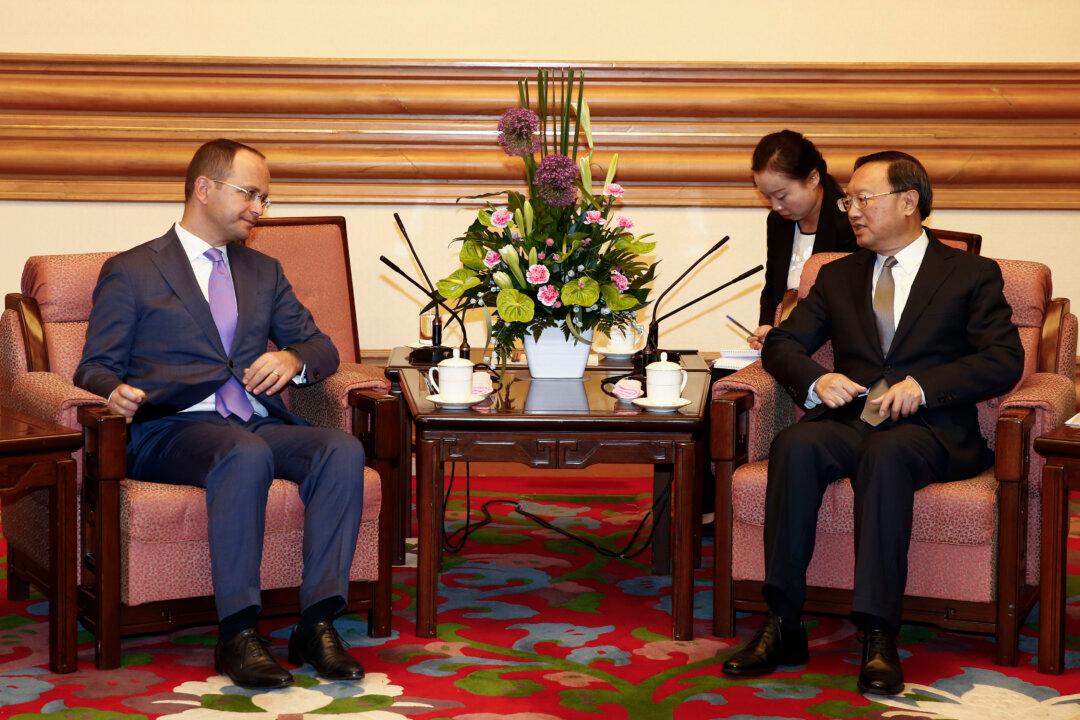TIRANA, Albania—Albania’s Competition Authority will conduct a six-month investigation to establish whether China’s Bankers Petroleum has abused its dominance of oil production and trading after complaints from refiners, the watchdog said on Oct. 22.
Bankers Petroleum began exploration in Albania in 2004 and was bought from its Canadian owners by China’s Geo-Jade Petroleum Corp in 2016 for C$575 million (US$442.34 million). Its output in the first half of 2019 was up 18 percent on the same period last year.





